Choosing the Right Hair Restoration Clinic
A Hair Restoration Clinic Should Have a Certified Trichologist
What is a Trichologist and why are they important for a hair restoration clinic? A trichologist is a specialist in trichology, which comes from the Greek word Trikhos, meaning hair. Trichology is the para-medical science of the hair and the scalp, cosmetic chemistry, and life sciences. It encompasses the science of the structure, function and diseases of the human hair and scalp as well the diagnosis and treatment of these diseases and disorders (Dr. David H. Kingsley, PhD, WTS). An experienced Certified Trichologist can advise and offer men and women who are having hair/scalp-related problems, hair loss or scalp conditions. They help people with concerns of hair loss, breakage, oily scalp, and scalp psoriasis. HPI’s trichologists and specialty team can also aid in problems related to all forms of alopecia and trichotillomania (the hair-pulling disorder). A Trichologist examines the hair and scalp to recommend treatment(s) specifically for the severity of hair/scalp concerns.
A Trichologist cannot prescribe medications or make a diagnosis, so they work along side a Doctor or Practitioner. However, the Trichologist offers a different insight to hair conditions that a M.D. or Practitioner may not be as familiar with, to help design the right treatment protocol and prescriptions, if need be. HPI is a well-known hair restoration clinic in Nashville, that has an MD, Nurse Practitioner, RN, Trichologist and Aesthetician all working together to provide the BEST solutions to ALL our clients.
- Dr. Jack Monaco
- Kimberly Vaughn, Trichologist
- Reena Bhatka, Nurse Practitioner
Advanced Treatments for Hair Restoration
First thing is first, make sure you are not being pushed just to have surgery. Hair Transplant surgery can be a great option, but it is not for everyone. Surgery should really be a last resort, there are so many avenues to hair restoration before surgery. The right clinic will have a variety of treatments to offer you, based on your specific concerns. The top priority should be accessing the true cause of hair loss and developing a plan from there. May sure you and your provider explore all options and that you are educated on those options, you will not be sorry in the end!
- Start with blood work or an epigenetics report, these tests will tell your provider what is going on internally that can potentially be causing the thinning or loss.
- Based on the results from the above tests, you may just need a diet change, topicals or supplements to regenerate the hair
- If the provider feels you need treatment, make sure they discuss ALL options with you and how those options work. Most treatment plans are going to be a multi-therapeutic approach to achieve the best results.
Treatments, outside of surgery, that should be considered:
- Low-Level Laser Therapy
- Microneedling + Growth Factors & Copper Peptides
- Injections using your own growth factors from your healing blood cells
- Cosmetic Solutions

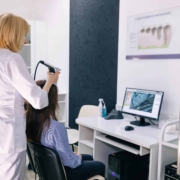
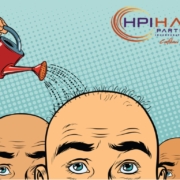
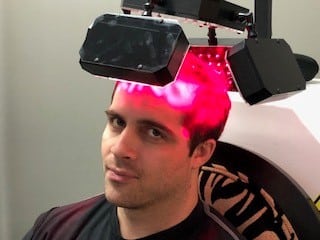
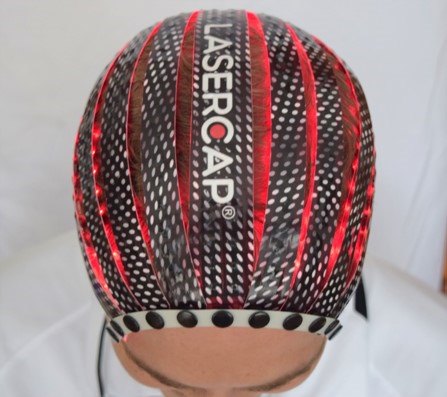

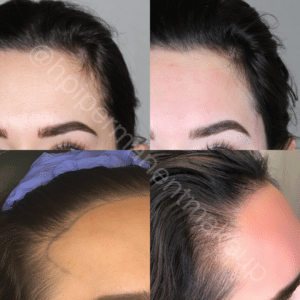

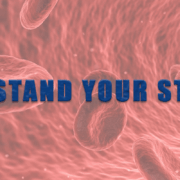


 Could you imagine how that would make you feel? How would it affect your psychological behaviors, social life, relationships, self-confidence, or even your career path due to your physical appearance? It can really take a toll on people mentally & emotionally! It often causes people to stress, which may initially, or later, lead to impulsive behaviors to find the right “quick fix.” Here at
Could you imagine how that would make you feel? How would it affect your psychological behaviors, social life, relationships, self-confidence, or even your career path due to your physical appearance? It can really take a toll on people mentally & emotionally! It often causes people to stress, which may initially, or later, lead to impulsive behaviors to find the right “quick fix.” Here at 




